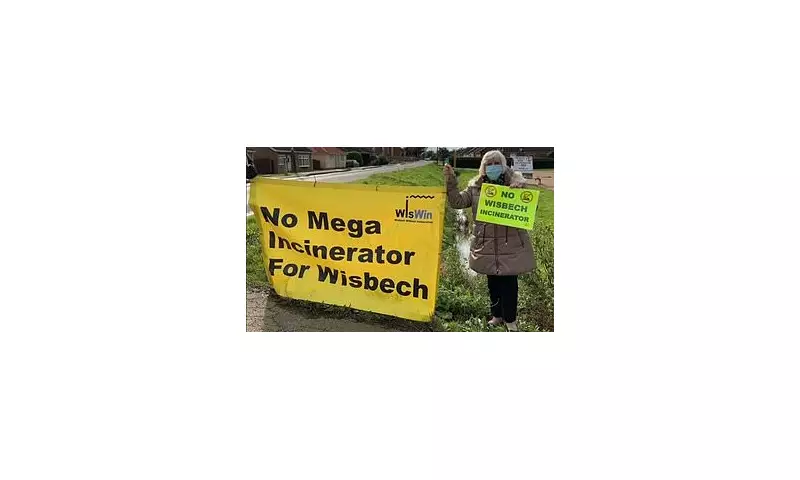
The picturesque Fenland market town of Wisbech, known for its historic charm and agricultural heritage, finds itself at the centre of an environmental battle that could forever alter its character. Plans for a massive waste-to-energy incinerator have sparked outrage among residents who fear their quality of life is being sacrificed for industrial progress.
The 'Cathedral of Stench' Rising on the Fens
German firm MVV Environment aims to construct what locals have dubbed the 'cathedral of stench' - a towering incinerator facility that would process over 600,000 tonnes of commercial and household waste annually. The proposed development would dominate the flat Fenland landscape, visible for miles around and potentially emitting odours that could permeate the entire town.
Residents describe the project as fundamentally changing the nature of their community from a rural idyll to an industrial zone. "We chose to live here for the clean air and open spaces," one long-term resident explained. "Now we're facing the prospect of constant lorry movements and questionable air quality."
Community Outcry and Environmental Concerns
The opposition has been swift and vocal, with local campaign groups forming to challenge the development through every available channel. Concerns extend beyond mere odour to include:
- Air quality impacts from potential emissions
- Increased heavy goods vehicle traffic through residential areas
- Visual pollution of the distinctive Fenland skyline
- Impact on property values in the surrounding area
- Questions about the need for such a large facility in a rural location
The Developer's Perspective
MVV Environment maintains that the facility represents state-of-the-art waste management technology that will generate enough electricity to power approximately 100,000 homes. The company emphasises the employment opportunities the project would bring to the area and points to similar successful operations elsewhere in Europe.
"Modern waste-to-energy plants are highly regulated and employ sophisticated filtration systems," a company representative stated. "We're committed to meeting all environmental standards and being a good neighbour to the community."
A Growing National Pattern
The Wisbech situation reflects a broader national trend where rural communities are increasingly targeted for large-scale infrastructure projects that urban areas resist. As Britain grapples with its waste management crisis, the tension between environmental solutions and local environmental quality continues to intensify.
With the planning decision looming, Wisbech residents prepare for a prolonged battle, determined to protect what they see as the essential character of their historic market town against what they perceive as an industrial imposition that threatens to overwhelm their peaceful way of life.





